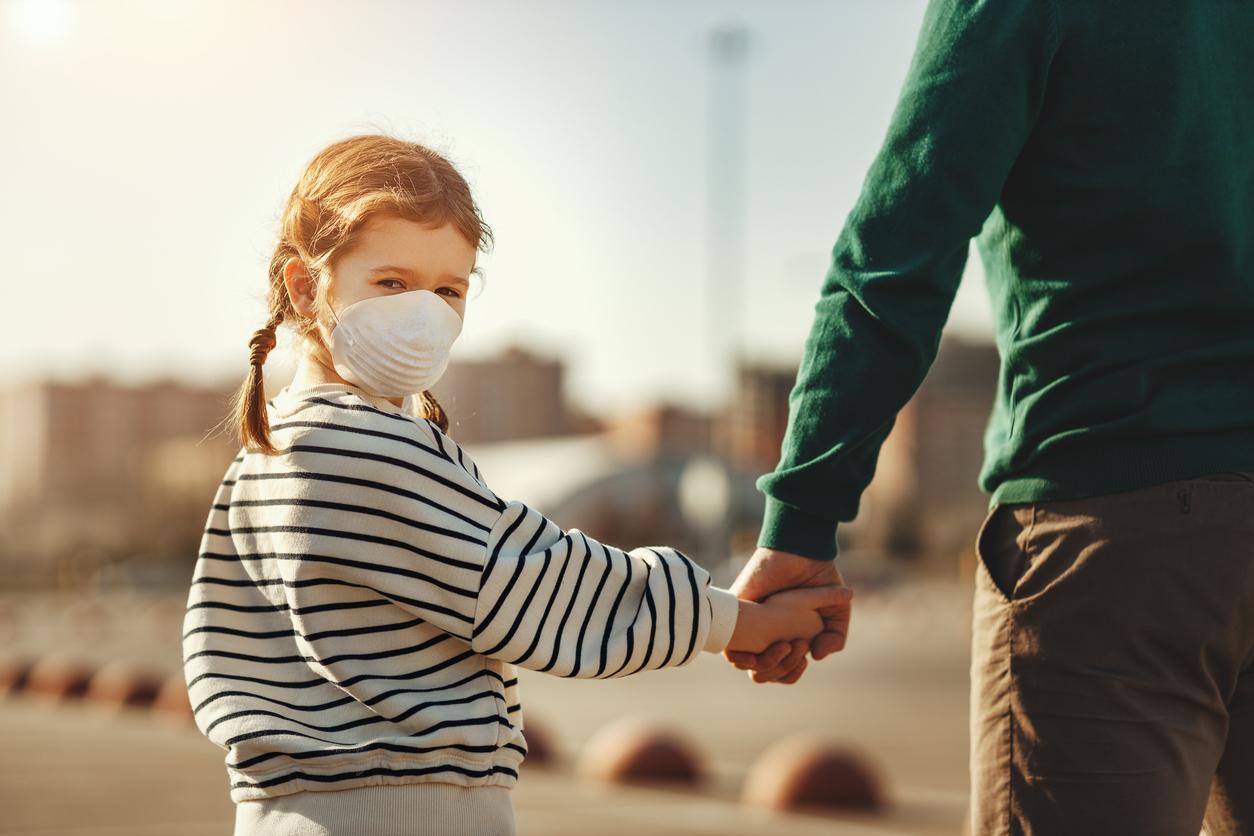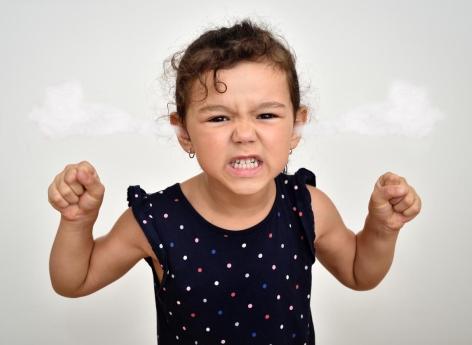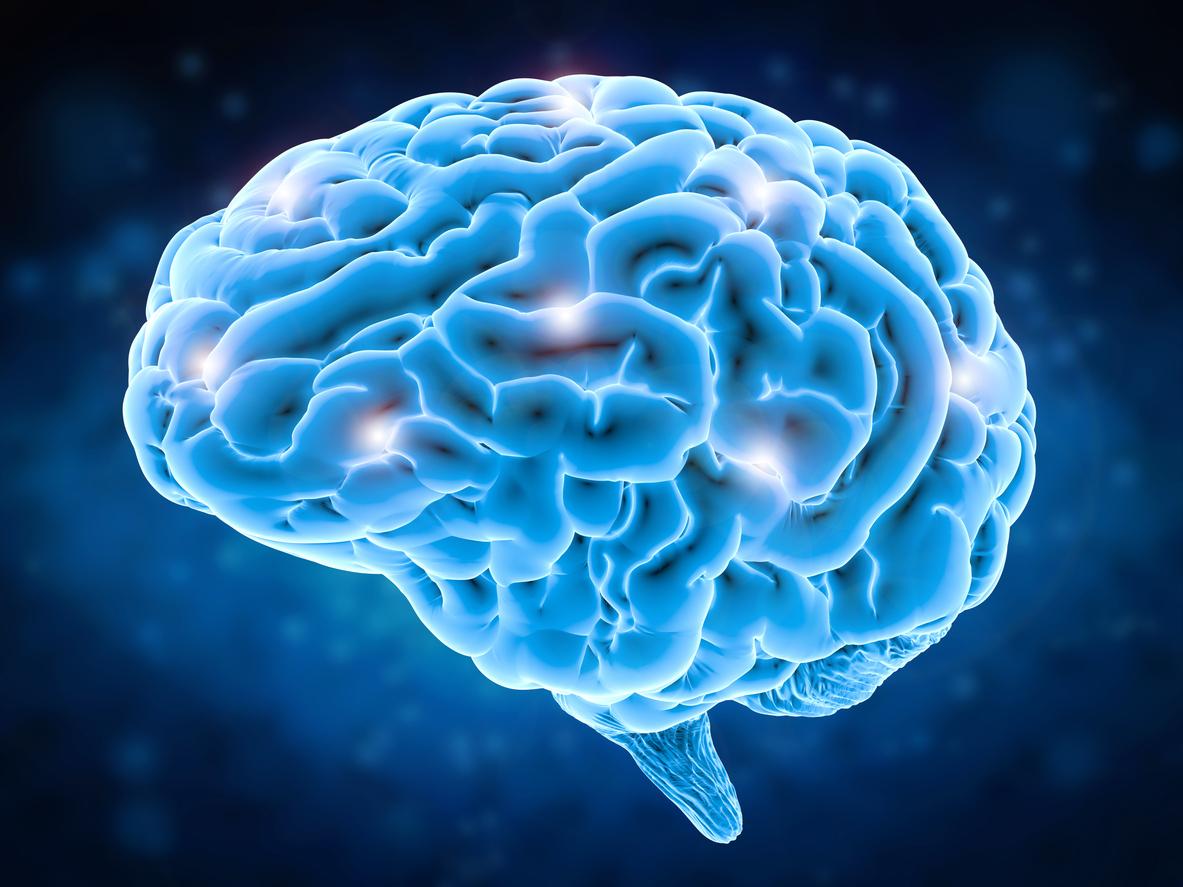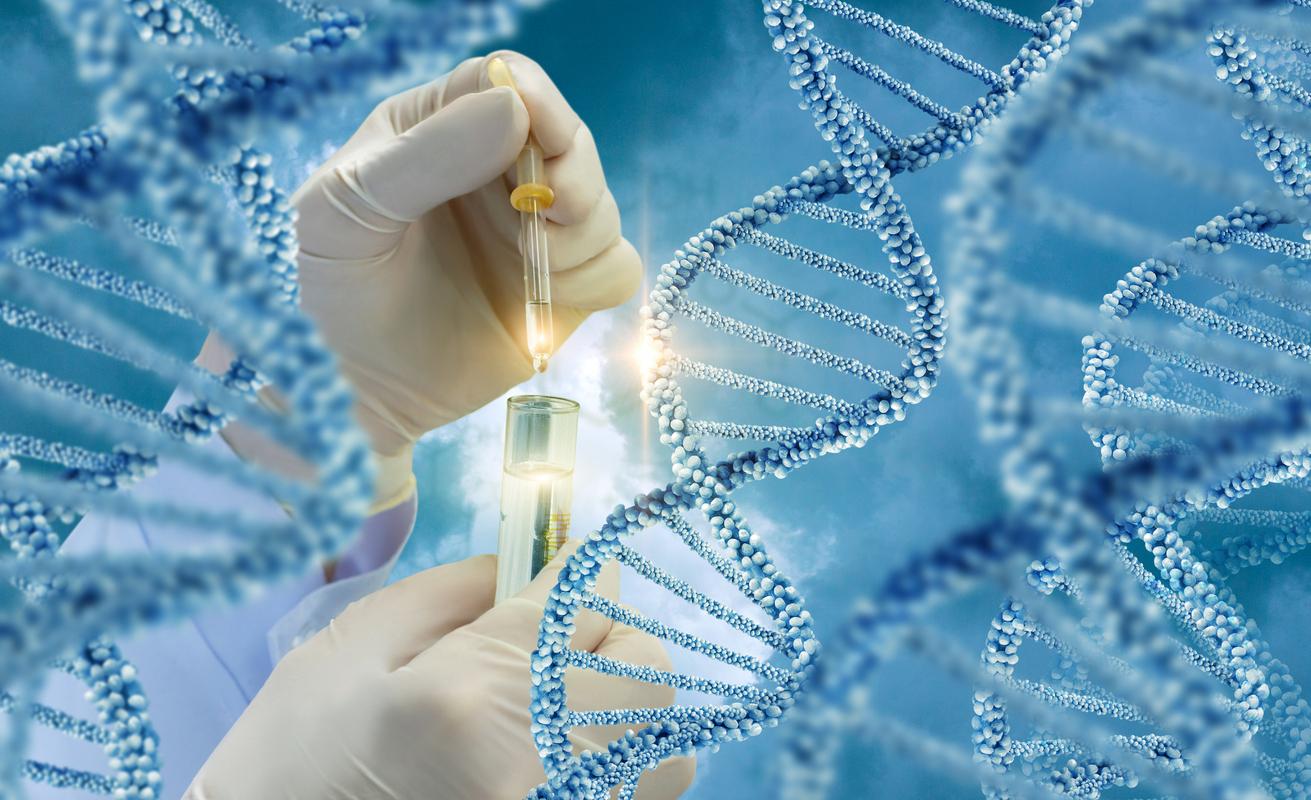Psychotherapist Pierre Nantas explains the symptoms and origins of depression in children and infants.
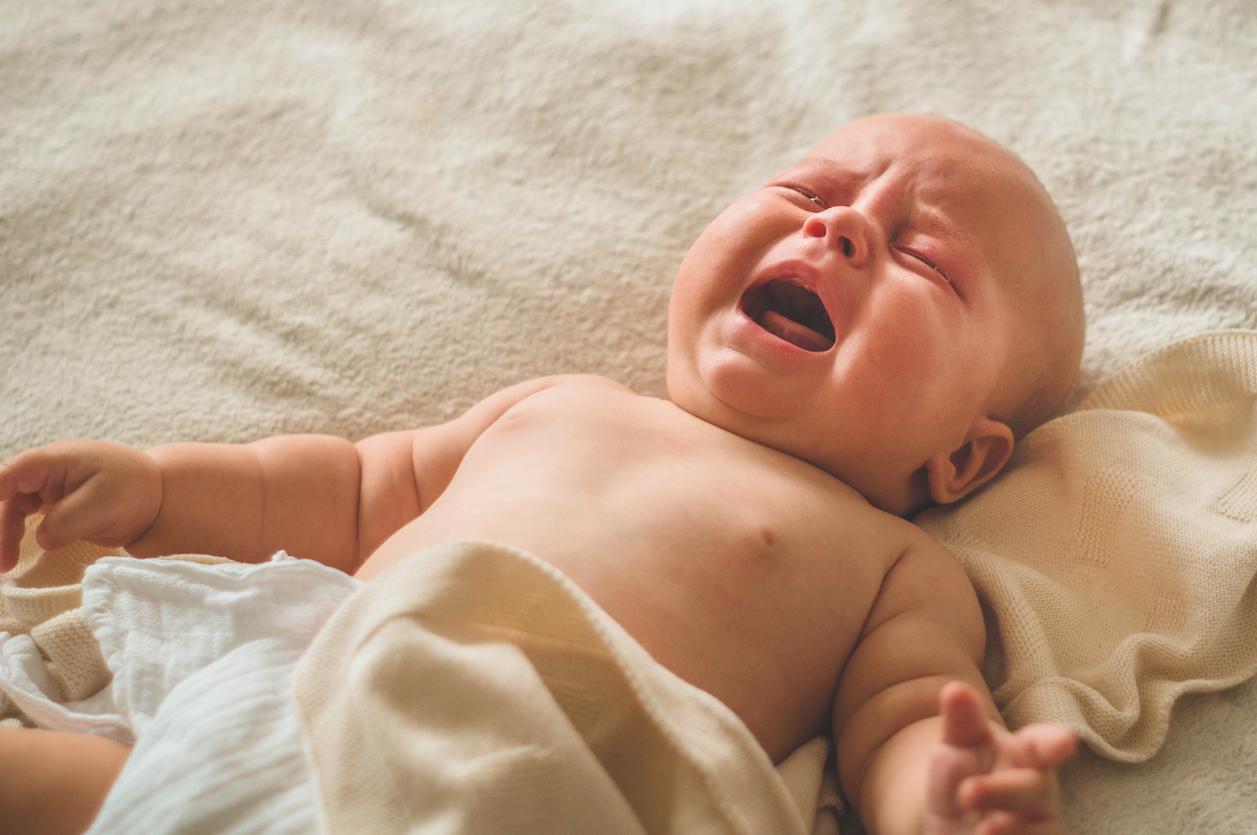
- Infant depression, also called “hospitalism”, is still poorly understood.
- In addition to infants, “depression also affects around 3% of young people aged 3 to 17, even if it appears most often around the age of 10 to 12”, explains psychotherapist Pierre Nantas.
- The mental health specialist explains the symptoms and origins of these two pathologies.
“Depression spares no one. While the percentage of depressed adolescents increases each year in France with the dramatic consequences that we know about, that of children aged 5 to 13 today worries mental health specialists. Even infants can be victims. explains psychotherapist Pierre Nantas.
Symptoms and origins of infant depression
Infant depression, also called “hospitalism”, is still poorly known. “It is indeed difficult to imagine that a child who has just been born could develop an illness that disrupts his mood,” concedes the specialist.
Infant depression was first conceptualized in 1946 by psychoanalyst René Spitz. For this researcher, the child who is a victim goes through different stages: the first month, he cries, screams and seeks contact. The second month, he sleeps poorly, loses weight and his growth slows down. The third month, he seems detached, indifferent and no longer shows any interest, either in people or in the outside world.
“Generally speaking, infant depression is expressed by rocking and rhythmic behaviors. Anorexia and regurgitation are also indicators of the baby’s helplessness in the face of a depressed mother.” completes Pierre Nantas.
Placement in a foster home, insecurity, large or single-parent families, intra-family violence, alcoholism, mental illness of one or both parents and abuse can be triggers for infant depression.
Symptoms and origins of childhood depression
Besides infants, “depression also affects around 3% of young people aged 3 to 17, even if it appears most often around the age of 10 to 12”, continues Pierre Nantas.
There are several causes that can lead to depression in a child. They can be:
– genetic, when one of the two biological parents has or had mental health disorders (particularly depression and bipolar illness);
– physical, when a child lives with a particular medical condition or chronic illness;
– family, when there is in particular a feeling of shame in relation to physical or sexual abuse, or when the child witnesses intra-family violence, divorce, separation, parental alienation or even neglect;
– societal, when the child experiences, for example, failure, rejection, isolation, intimidation, harassment or indifference from those close to him;
– traumatic, when the child must, for example, face the bereavement of a loved one, the illness of a parent, the loss of a pet, a move, a change of school or daycare, etc.
“Very young children (3 to 5 years old) understand emotions less and are still difficult to express them, so they have crying or angry outbursts to indicate their psychological discomfort,” describes the psychotherapist.
From the age of 7, the symptoms of depression are more noticeable to loved ones. They understand :
– a persistent feeling of sadness;
– abnormal irritability;
– physical pain, such as stomach aches or headaches;
– disturbed sleep;
– loss of appetite or weight (the child no longer follows his growth curve) or eating disorders (anorexia, bulimia);
– low energy level;
– frequent or constant isolation of the child from their family or school environment;
– loss of interest in play, hobbies or other activities;
– changes observed at school or daycare (in behavior, habits or academic results);
– low self-esteem.
What to do in case of depression in a child or infant?
“Parents or educators have a role to play in promoting the well-being of the child and giving them good daily structure,” reminds our expert. “If your child is in psychological difficulty, be present, available and show genuine interest. Be empathetic and show him that you understand his emotions.” further advises Pierre Nantas.
If the symptoms cited in this article persist for a long time, consult a health professional, preferably a pediatrician or child psychiatrist.














